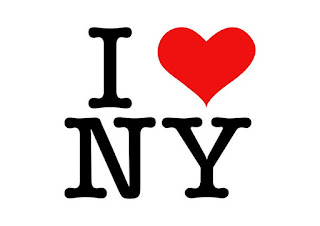Thomas's Pandemic Diaries: The Good Ole' Literature Review for the Dissertation

Green and leafy London is affording me a nice atmosphere in which to tackle phase one of my UK Master's dissertation. Its working title is "Gift of the Gab: The Rise of the Audiobook and the Festive Turn in Library Science." The scholars I am reading are quite masterful and eloquent and I wonder if I can elevate my chatty banter in time for final publication. Ironically, what draws me to the subject of the audiobook (and to the podcast) is the approachability and egalitarianism of the medium and subsequently, the literature depicting it. Of course, the one community who would be left out is the deaf community; still I do believe the "A-book" reaches quite a large slice of the population who never "caught on" to SSR (Sustained Silent Reading). We've all have had a bad experience or two in high school English class. So a bit of housecleaning around terminology. A Master's thesis in the U.S. is for an M.A. or M.S. while a dissertation is for a P...



